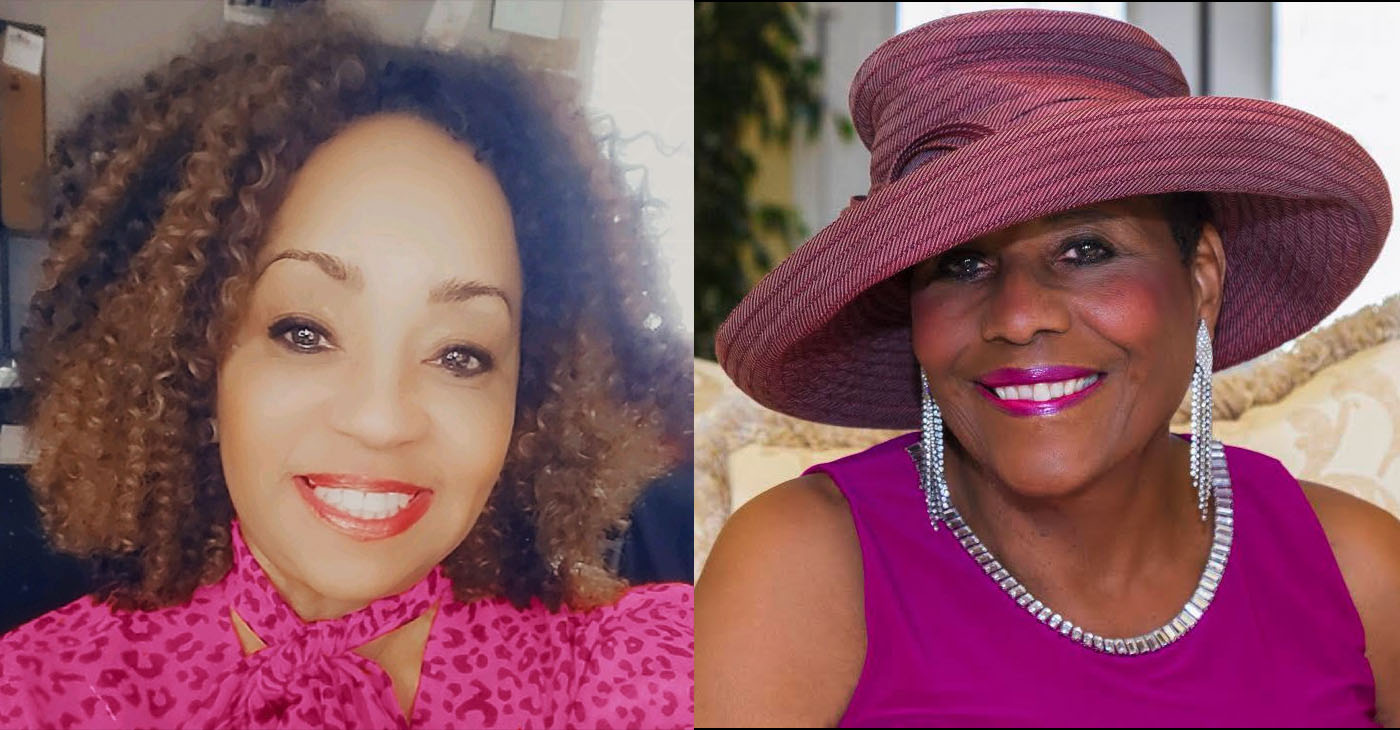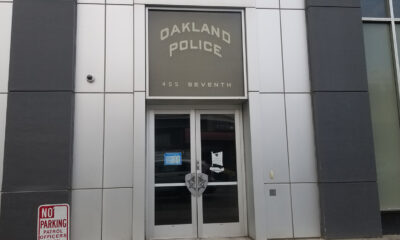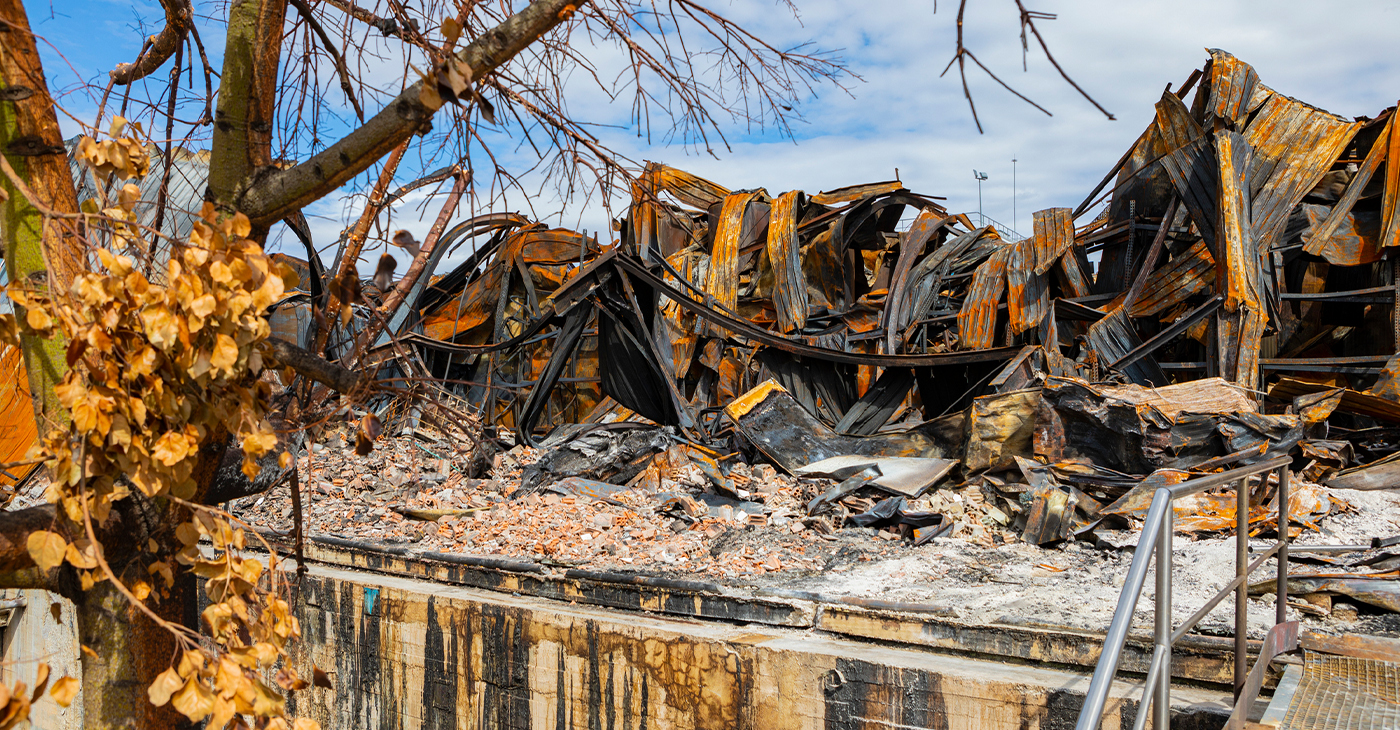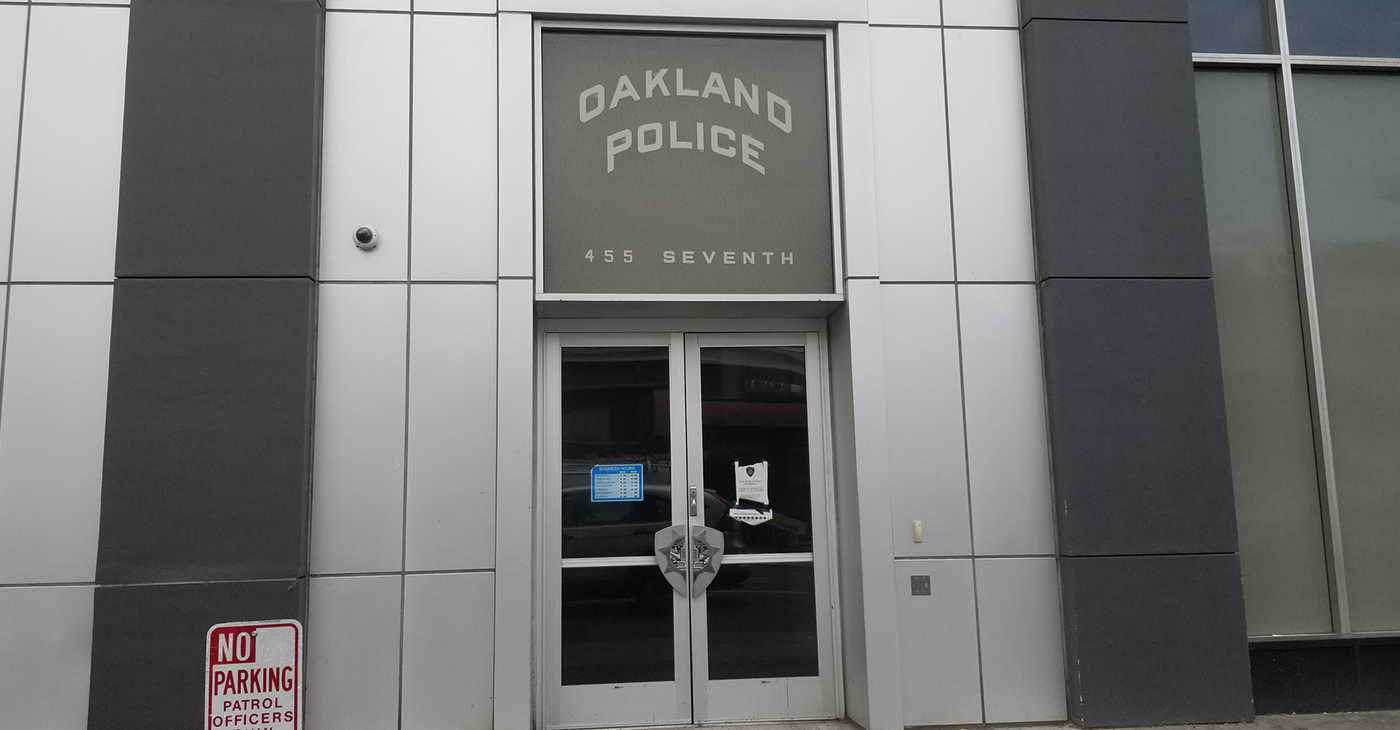California Black Media
BWOPA, on the Frontline of Black Politics in California for 55 Years
Founded in 1968, Black Women Organized for Political Action (BWOPA) is a statewide non-profit advocacy and membership organization committed to solving problems affecting Black Californians. BWOPA originated as an extension of a group known as Bay Area Women for Dellums, under the leadership of Edith M. Austin.

Activism
Oakland Post: Week of February 11 = 17, 2026
The printed Weekly Edition of the Oakland Post: Week of – February 11 – 17, 2026
Bo Tefu
Trump’s White House Pushes to Control California Wildfire Recovery
The executive order signed Jan. 27 by President Donald Trump directs federal agencies to explore regulations that could override California and municipal permitting rules for homes and other structures destroyed in the fires. Land-use and rebuilding permits have traditionally been handled by cities and counties, making the move an unprecedented federal intervention into disaster recovery.
Bo Tefu
Gov. Newsom, AG Bonta to Local Law Enforcement: You Have Authority to Investigate Federal Agents
The guidance, released by the California Department of Justice (DOJ), emphasizes that local and state police have concurrent jurisdiction in cases involving federal officers and are not required to defer to federal investigations. The bulletin follows recent federal officer-involved shooting deaths in Minnesota and California.
-

 #NNPA BlackPress4 weeks ago
#NNPA BlackPress4 weeks agoOP-ED: The Dream Cannot be Realized Without Financial Freedom
-

 #NNPA BlackPress4 weeks ago
#NNPA BlackPress4 weeks agoFour Stolen Futures: Will H-E-B Do The Right Thing?
-

 Activism2 weeks ago
Activism2 weeks agoLife Expectancy in Marin City, a Black Community, Is 15-17 Years Less than the Rest of Marin County
-

 Activism2 weeks ago
Activism2 weeks agoOakland Post: Week of January 28, 2025 – February 3, 2026
-

 Activism3 weeks ago
Activism3 weeks agoOakland Post: Week of January 21 – 27, 2026
-

 Activism2 weeks ago
Activism2 weeks agoMedi-Cal Cares for You and Your Baby Every Step of the Way
-
Uncategorized2 weeks ago
Homegoing Service for Education Advocate Oscar Wright, 101
-

 Activism1 week ago
Activism1 week agoAfter Don Lemon’s Arrest, Black Officials Raise Concerns About Independent Black Media























































